
Radar | Oct 31,2020
Dec 7 , 2024
By Liana Schalatek
So far this year, floods, heat waves, droughts, storms, and wildfires have led to thousands of deaths, threatened the health and livelihoods of millions of people, and caused tens of billions of dollars in damage – at least 41 billion dollars by June. In September and October, two hurricanes – Helene and Milton – cost the United States (US) alone over 100 billion dollars. Recent research suggests climate damage could cost the global economy between 19 trillion dollars and 59 trillion dollars annually by 2049.
The message is clear. Mobilising large amounts of climate finance today is essential to safeguard our future.
Of course, not everyone bears the same responsibility for the climate crisis. The fundamental injustice of climate change is that the countries that have contributed the least to the problem often suffer its worst effects. In recognition of this, the 2015 Paris Climate Agreement stipulated that developed economies should provide financial resources to support developing countries' mitigation and adaptation efforts.
However, the world's high-income countries dedicate only about 100 billion dollars annually in public finance to support climate efforts in developing economies. Even this relatively low number is a recent development. Though the commitment was made in 2009, it was fulfilled for the first time only in 2022, two years after the target date. Making matters worse, much of the support has come in the form of loans, including non-concessional financing. The good news was that countries agreed on an updated spending target - the New Collective Quantified Goal (NCQG) on climate finance - at this year's United Nations Climate Change Conference (COP29) in Baku, Azerbaijan.
Unfortunately, however, despite nearly three years of technical and political deliberations, involving thousands of pages of formal submissions, academic studies, and advocacy papers, the necessary scale of the Goal remains highly contested.
According to the Paris Agreement, the Goal will significantly shape the next round of climate-action plans – nationally determined contributions (NDCs) – which countries will submit early next year. If the Goal is insufficient, countries cannot do what is necessary to close the global emissions and adaptation gaps. A subset of the existing developing countries' NDCs will cost an estimated five trillion to 6.8 trillion dollars by 2030.
But, mitigation and adaptation are only part of the challenge. Developing economies also face escalating loss and damage – not only from extreme weather, but also from slow-onset events, such as melting glaciers, desertification, and sea-level rise – which could cost them 447 billion to 894 billion dollars by 2030. Failure to agree on a sufficiently robust NCQG, including finance to address loss and damage, would weaken an international climate regime that is supposed to emphasise solidarity and fairness.
That does not seem to matter to developed countries, led by the United States. They have explicitly rejected any obligation to compensate developing countries for climate-change-related loss and damage. And the stage is set for them to get away with shirking their responsibility. Though loss and damage was given its own article in the Paris Agreement (separate from adaptation), it was intentionally left out of the financing commitments under the pact.
Rich countries can claim this issue is already covered by the designated Loss & Damage Fund (FRLD) created last year at COP28. But this claim is disingenuous, and a closer look at the FRLD's terms reveals why. All financial contributions are to be entirely voluntary. This funding is "based on cooperation and facilitation," and does "not involve liability or compensation." The US obliterated the distinction between rich and poor countries as the basis for contributions to the Fund, with implications for collective action under the international climate regime and the Paris Agreement.
Unlike the 2010 Green Climate Fund charter, the FRLD text never names developed countries as the ones providing the financial support. It should not be surprising that FRLD pledges a total of 702 million dollars one year in, with few additional pledges expected in Baku. This includes a paltry 17.5 million dollars commitment from the US, the country that has emitted by far the most greenhouse gases historically. That figure is orders of magnitude smaller than America's "fair share" contribution, which, according to one calculation, would amount to 340 billion dollars annually (for both adaptation and loss-and-damage support).
The FRLD, hailed as a triumph for climate justice a year ago, might turn out to be a Pyrrhic victory. Not only does it fail to deliver the support developing economies need to cope with climate-related loss and damage, but it also provides an excuse not to include such support in the NCQG. It could even set the stage for other kinds of climate-finance contributions to be made voluntarily for the foreseeable future.
Developing-country governments and civil society representatives should pressure rich countries to deliver a meaningful NCQG obliging developed countries to provide climate finance, even if it invites others to do so voluntarily. Developed-country governments will be judged harshly in the court of public opinion unless they rethink their callous approach to climate finance negotiations and deliver adequate resources to developing countries suffering from a climate crisis they did not cause.
PUBLISHED ON
Dec 07,2024 [ VOL
25 , NO
1284]


Radar | Oct 31,2020
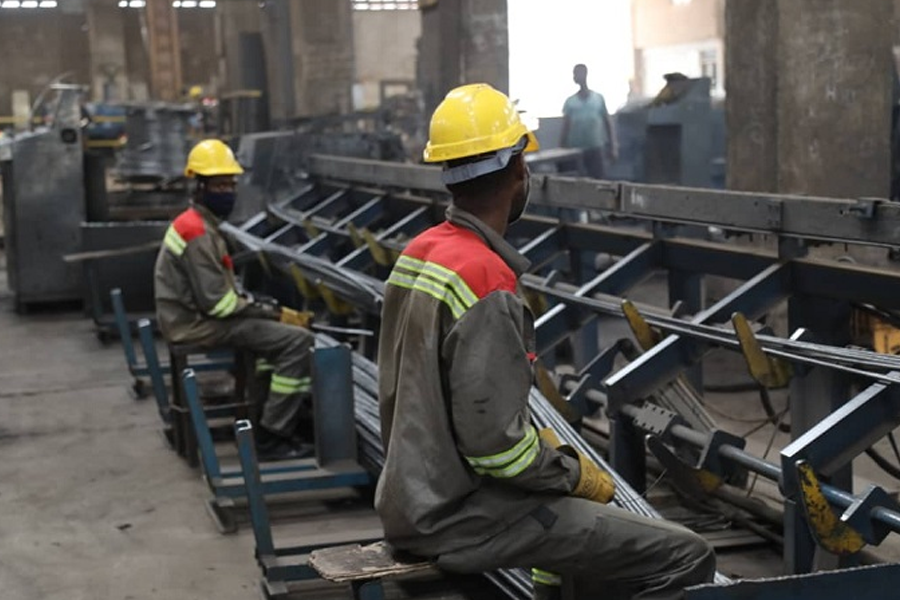
Radar |
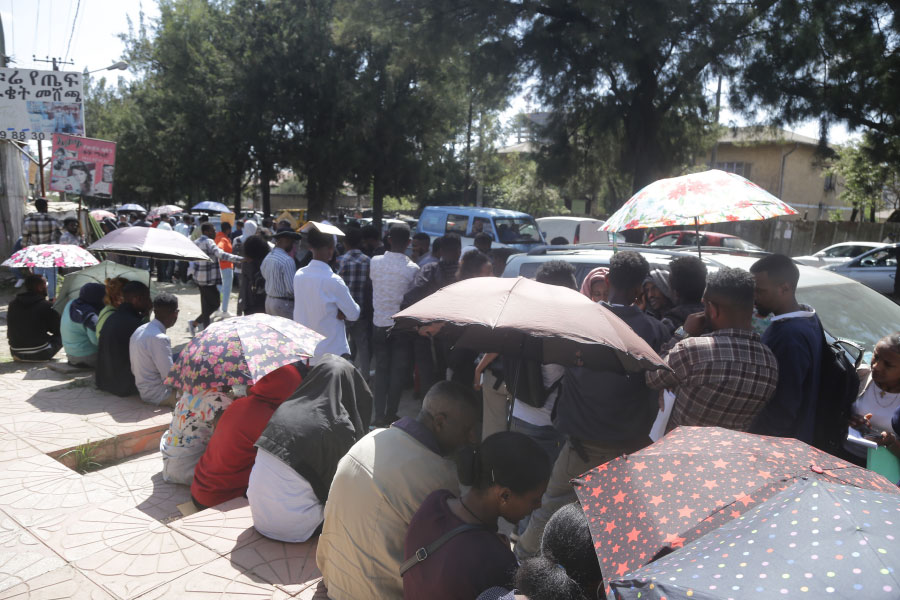
Agenda | Jan 28,2023

My Opinion | Oct 07,2023

Fortune News | Mar 02,2024

Radar | Jul 28,2025
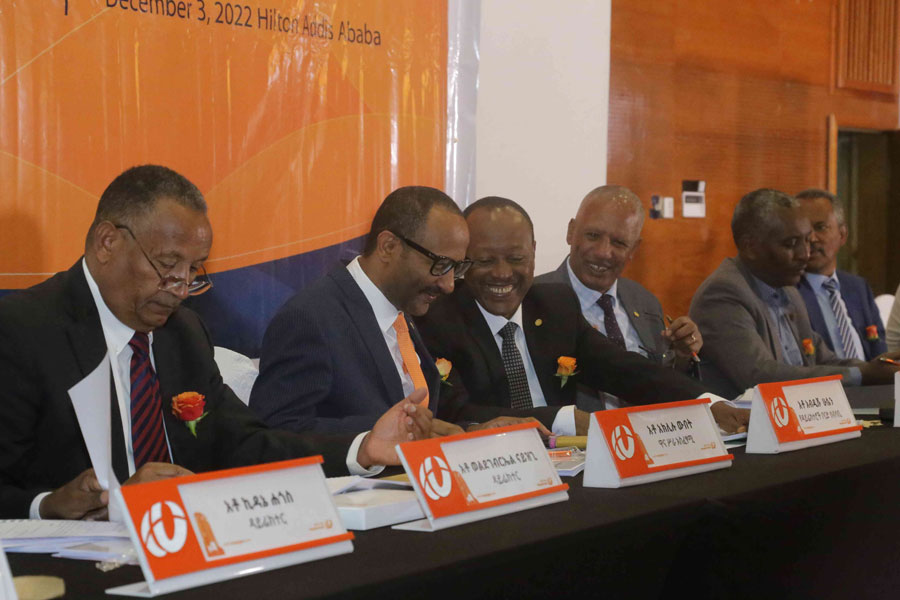
Fortune News | Jan 28,2023
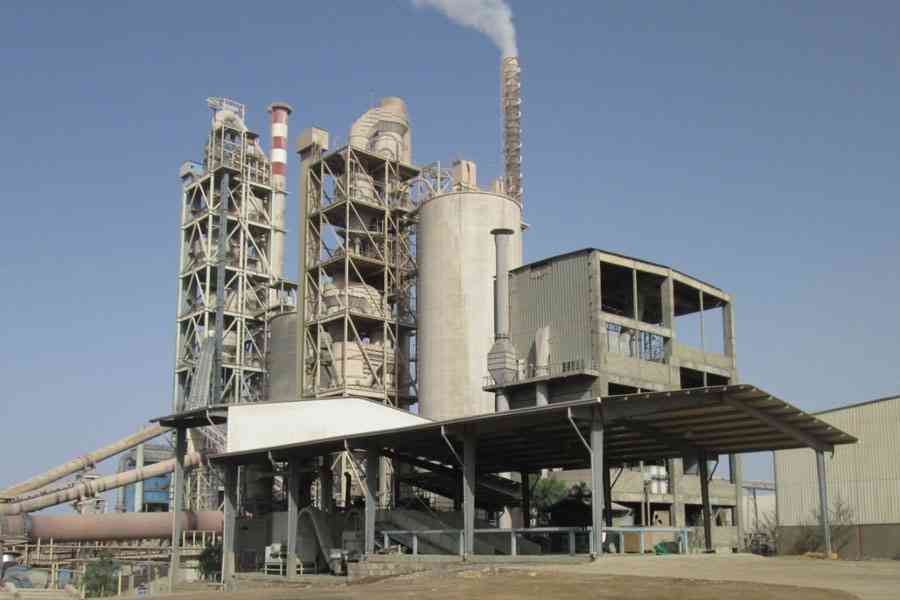
Fortune News | Jun 29,2024
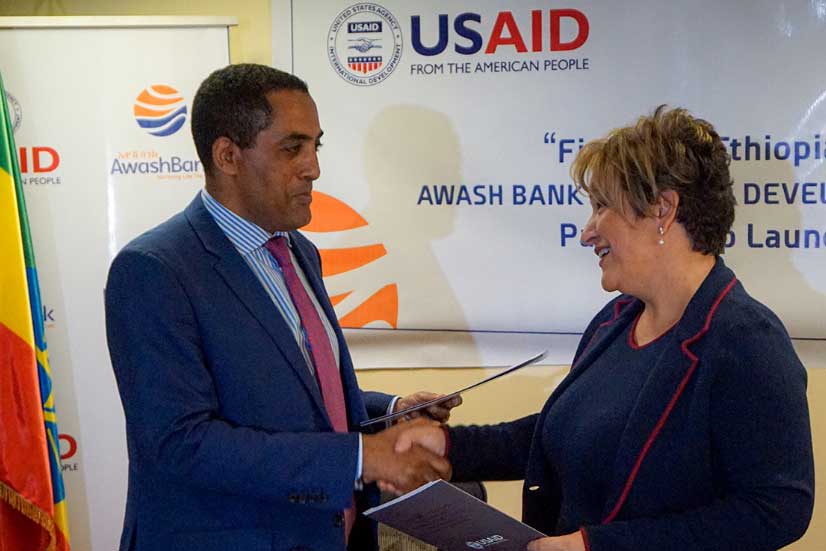
Radar | Dec 14,2019
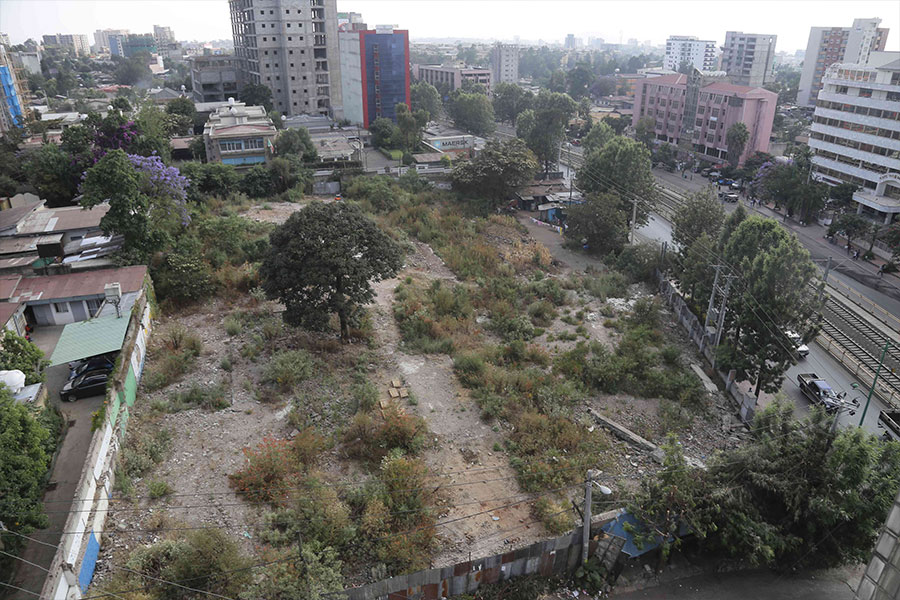
Agenda | Dec 17,2022

Photo Gallery | 175873 Views | May 06,2019

Photo Gallery | 166090 Views | Apr 26,2019

Photo Gallery | 156498 Views | Oct 06,2021

My Opinion | 136849 Views | Aug 14,2021

Dec 22 , 2024 . By TIZITA SHEWAFERAW
Charged with transforming colossal state-owned enterprises into modern and competitiv...

Aug 18 , 2024 . By AKSAH ITALO
Although predictable Yonas Zerihun's job in the ride-hailing service is not immune to...

Jul 28 , 2024 . By TIZITA SHEWAFERAW
Unhabitual, perhaps too many, Samuel Gebreyohannes, 38, used to occasionally enjoy a couple of beers at breakfast. However, he recently swit...

Jul 13 , 2024 . By AKSAH ITALO
Investors who rely on tractors, trucks, and field vehicles for commuting, transporting commodities, and f...

Oct 18 , 2025
The political establishment, notably the ruling party and its top brass, has become p...

Oct 11 , 2025
Ladislas Farago, a roving Associated Press (AP) correspondent, arrived in Ethiopia in...

Oct 4 , 2025
Eyob Tekalegn (PhD) had been in the Governor's chair for only weeks when, on Septembe...

Sep 27 , 2025
Four years into an experiment with “shock therapy” in education, the national moo...

Oct 18 , 2025 . By NAHOM AYELE
In a sweeping reform that upends nearly a decade of uniform health insurance contribu...

A bill that could transform the nutritional state sits in a limbo, even as the countr...

Oct 18 , 2025 . By SURAFEL MULUGETA
A long-planned directive to curb carbon emissions from fossil-fuel-powered vehicles h...

Oct 18 , 2025 . By BEZAWIT HULUAGER
Transaction advisors working with companies that hold over a quarter of a billion Bir...